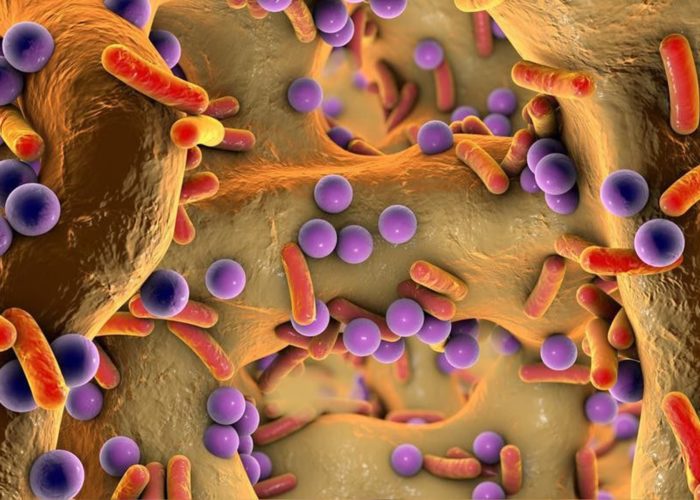Landmark nutritional study PREDICT shows dietary inflammation after meals varies dramatically among healthy adults

Researchers led by the Department of Twin Research announced today the first published results from PREDICT, the largest ongoing nutritional study of its kind.
The team found a wide range of metabolic responses after eating in apparently healthy adults, and that inflammation triggered by the food we eat varies up to ten-fold.
Poor metabolic responses to food, where the body takes longer and works harder to clear the blood of fat and sugar, are linked with increased risk of conditions such as low-grade inflammatory diseases including heart disease, type 2 diabetes and obesity.
The results suggests improved health could be achieved by eating foods that are personalised to reduce inflammation after meals.
Senior researcher on the study Professor Tim Spector said: “When it comes to weight, we’ve traditionally put a huge emphasis on factors we have no control over, like genetics. The fact is, while genetics plays a role, there are many more important factors that impact an individual’s response to food and maintenance of a healthy metabolism. This study shows that achieving a healthy weight requires a scientific approach to eating that takes into account an individual’s unique biology.”
Led by Professor Tim Spector and his team at King’s College London and spin-out health science company ZOE, the PREDICT study consisted of 1,103 participants, including 660 identical and non-identical twins from TwinsUK.
The study measured a wide range of markers from blood glucose, fat and insulin levels to exercise, sleep and gut bacteria (microbiome) over two weeks. It is the most detailed study to date to look at all the different factors that affect our responses to food together.
Despite wide variation in metabolic responses between participants, results from identical meals eaten on different days showed that individual responses to the same foods were remarkably consistent for each person.
The team also found that the optimal time to eat for nutritional health also depends on the individual rather than fixed “perfect” mealtimes. The researchers found that some people clearly metabolised food better at breakfast while others saw no difference.
Dr Sarah Berry, Senior Lecturer of Nutrition Sciences at King’s College London, led on the inflammation part of the study. She said: “We found that the increase in fat and glucose in our blood after eating a meal initiates an inflammatory response which differs hugely between individuals. Dietary and lifestyle strategies to reduce prolonged elevations in blood fat and glucose may therefore be a useful target to reduce low-grade inflammation, and protect people from low-grade inflammatory conditions such as type 2 diabetes and cardiovascular disease.”
Continue Reading


